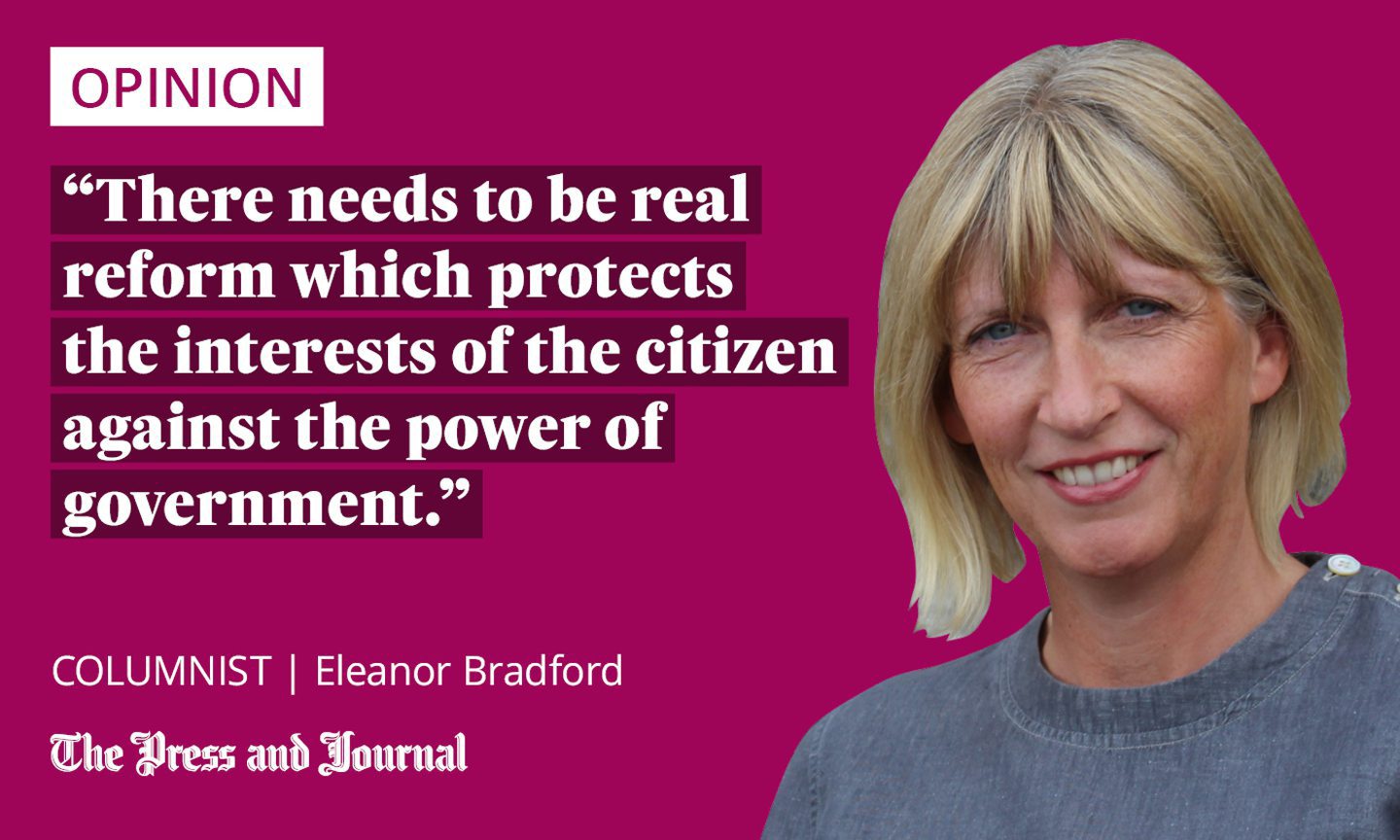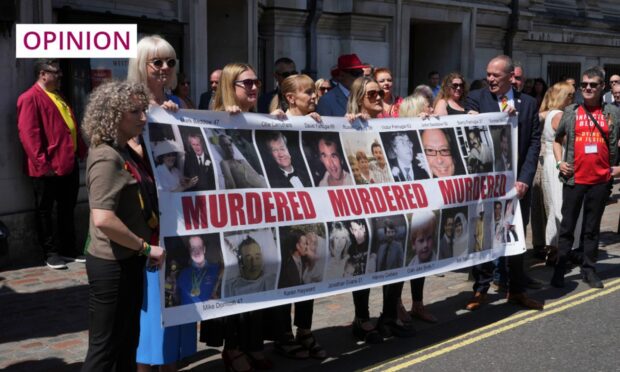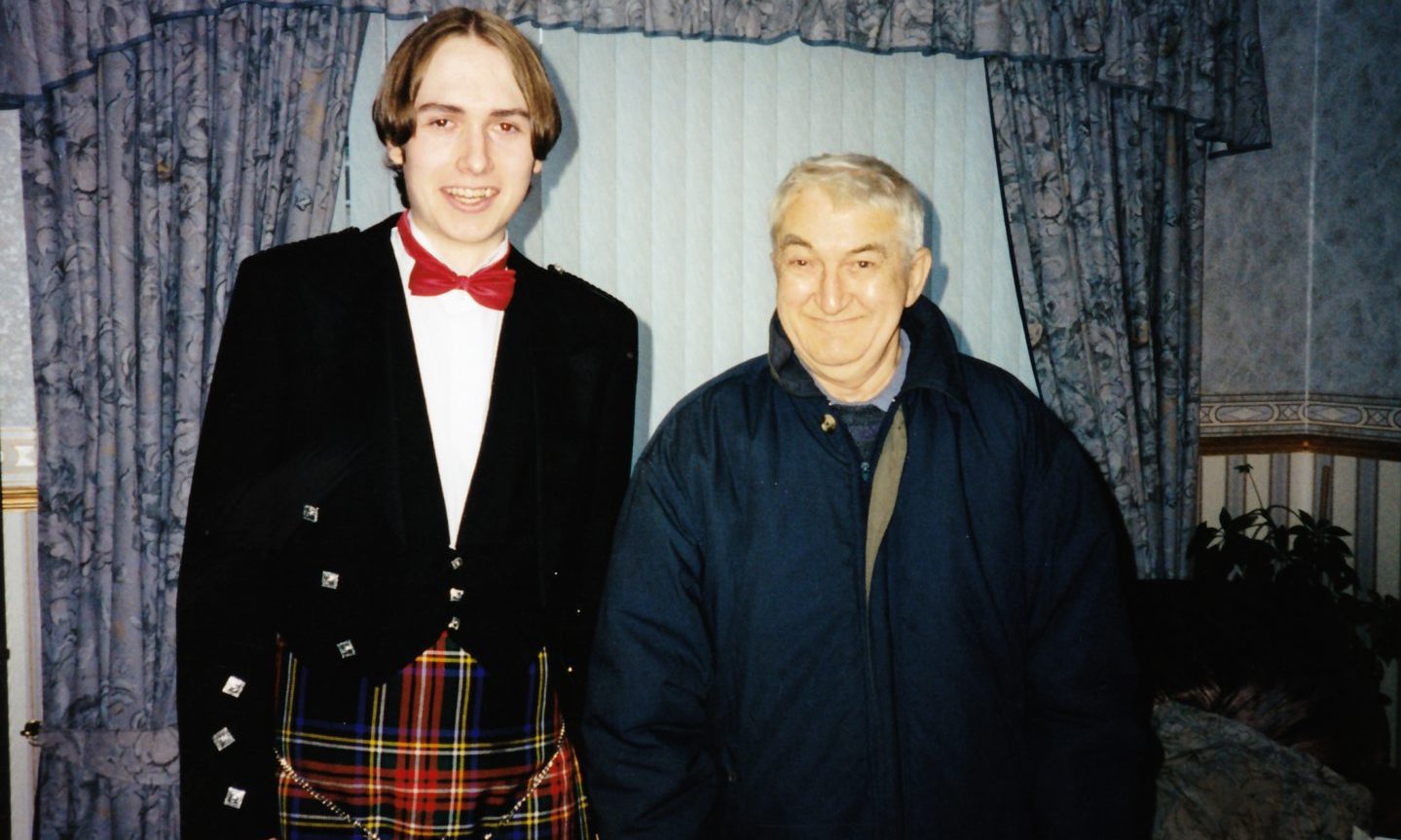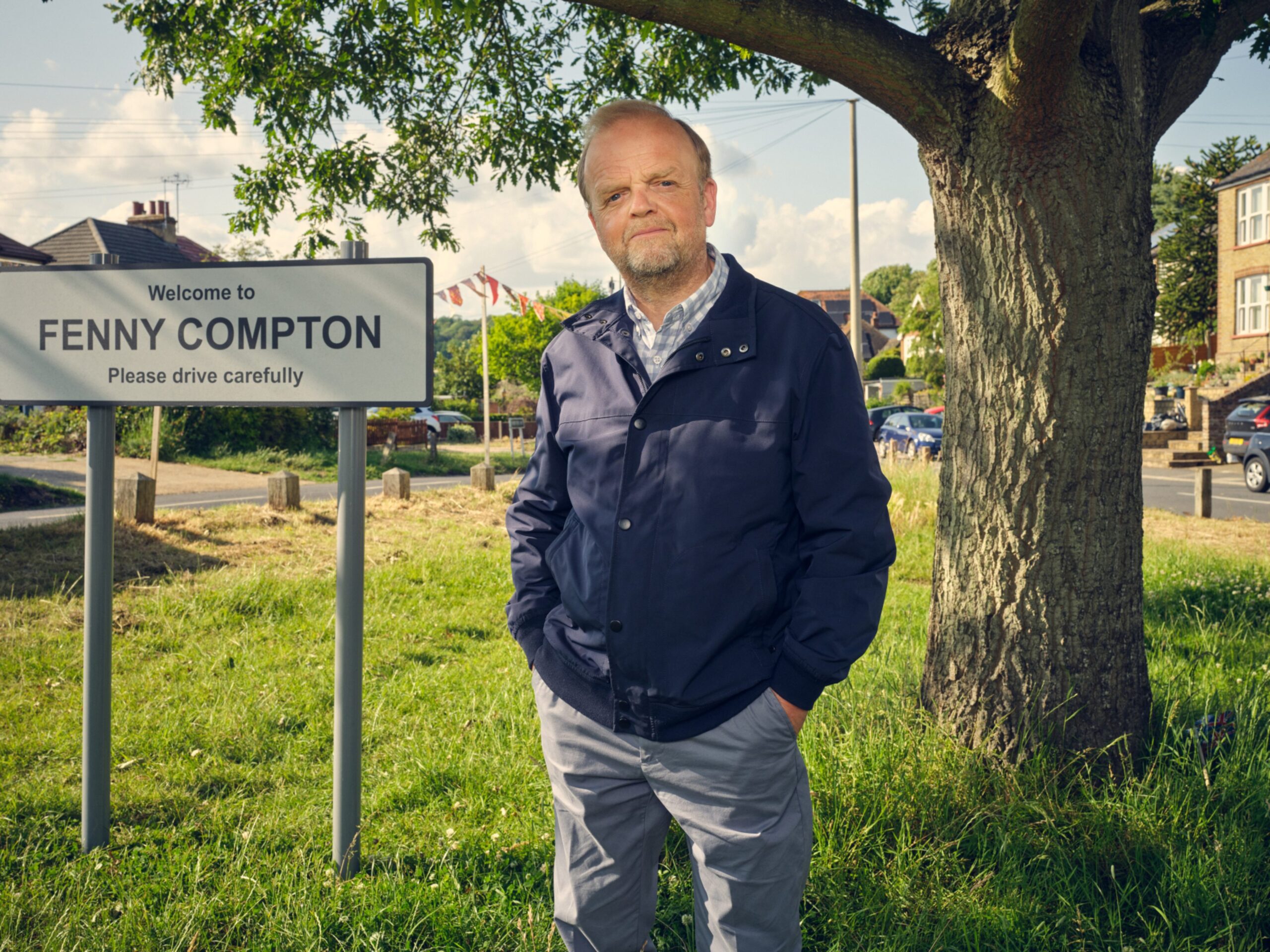This week, the UK inquiry into infected blood reported its findings.
Another inquiry. More apologies. Perhaps you just turn the page. But, before you do, consider for a moment what the findings of this inquiry tell us about the society we live in.
I first started reporting the stories of the Scottish victims of infected blood in 2001. Their claims seems far-fetched: the state knew the treatments were highly dangerous but didn’t tell the recipients. Blood was sourced from high-risk donors and given to children. Patients were the subject of medical research without their knowledge.
Their medical records – needed for legal action – were systematically destroyed. And they claimed they even had their mail tampered with and phone calls tapped. The state cover-up was efficient and spanned all the major political parties.
In 2004, BBC Scotland producer Karen Brown (one of the most diligent colleagues I’ve ever worked with) and I made a documentary about the scandal. Despite being just two journalists with only six weeks to make a programme, we unearthed official documents which proved these claims were true (except the phone interception; pinning that on MI5 was beyond us). Still no apology. Still no compensation.
What seemed clear was that the state intended to kick this into the long grass until most of the complainants had died. And for those who didn’t die, there was the stigma of having a blood borne virus like HIV or Hepatitis C.

Only a handful were willing to go on camera, and it was only due to their bravery that I was able to continue to write a steady stream of stories. These, along with the work of other journalists and campaigners around the UK, kept the story in the public eye and, therefore, kept up the pressure.
Now that the judge-led inquiry has published its findings, politicians are tripping over themselves to apologise, along with the leaders of some of the authorities involved, including Scotland’s blood bank.
But, whilst this marks the end of one campaign, it is not the end of the story. As we are all aware, it isn’t the only scandal recently where innocent people have been the victims of the same pattern of behaviour: cover-up, denial, minimising the size of the problem, gaslighting victims, allowing stigma to silence them.
The system blames the victims
You can hardly fail to notice the parallels with the Post Office scandal. But, before that, there were many more inquiries and reports into scandals: Shropshire maternity, the sexual exploitation of children in Rotherham. Mid Staffs NHS.
Each time, the government or a government agency is involved. Each time, the victims spend years fighting for justice, despite clear evidence that what they are saying is true. Each time, the lack of timely action leads to more victims.
Two decades after working with haemophiliacs to expose the injustice done to them, I find myself involved in another injustice – the appalling treatment of adoptive families. Hundreds, probably thousands, of parents are abandoned by the state after they adopt children who have suffered severe trauma. They don’t get the help they need.
The authorities minimise the scale of the problem. Local authorities are well aware that nearly half of these families will end up in crisis. The system blames the victims. It covers up the evidence of its own wrongdoing. And if you think the consequences aren’t as bad, I can show you hundreds of ruined lives, not to mention a handful of suicides.
We live in a country where we like to think we will have access to justice; where Freedom of Information legislation and whistle-blower protection gives the impression of transparency. But if you have the misfortune to own a post office, or receive infected NHS blood, or experience negligence by any other government body, you quickly find that these protections can be swatted away. The state still holds all the cards, and will not hesitate to play them.
One day, it could be you
If lessons are really to be learned from the infected blood scandal, the prosecution of sub-postmasters, and all the other inquiries which have cost the taxpayer millions of pounds, we must stand back and look at the bigger picture.
All organisations make mistakes, but the freedom they currently have to stick their head in the sand means additional lives are ruined or lost
There needs to be real reform which protects the interests of the citizen against the power of government. There must be an independent route to raise complaints which isn’t overloaded or subject to arbitrary time limits, which can call upon proper expertise, and which doesn’t rely on your pocket being deeper than that of the state.
Those who received infected blood and the sub-postmasters deserve their compensation, but they’ll all tell you one thing: they’d rather have their loved ones back and never have had their lives ruined.
All organisations make mistakes, but the freedom they currently have to stick their head in the sand means additional lives are ruined or lost, and eventual compensation bills are much higher.
It is not the sincerity of the apology nor the compensation that is most important as a result of these inquiries. We need real reform because, one day, it could be you. And, when that happens, you’ll want the person reading this not to just turn the page.
Eleanor Bradford is a former BBC Scotland health correspondent and now works in communications



Conversation